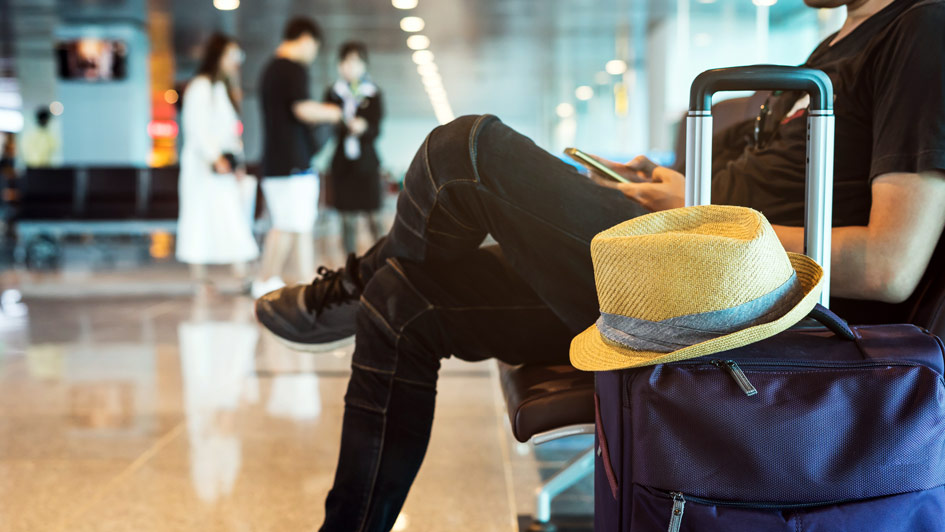
From a relaxing vacation or a long trip for work, leaving home means making plans for your home comfort system. You can't use it while you’re on a trip, so you can adjust the temperature as necessary to minimize your energy use. Simultaneously, you shouldn't just leave it off for the entire time you're gone.
For the most part, it’s better to leave your HVAC system on and adjust the temperature depending on the season. That way you can reduce energy costs without worrying about getting back to an uncomfortable home. We’ll explain why you should leave your HVAC system on as well as the best thermostat settings for summer and winter.
Here’s Why You Avoid Leaving Your Thermostat on Hold
While you might be inclined to shut your HVAC system down before a trip, this will sometimes end up causing costly problems by the time you return. This is especially true if the weather will be severely hot or cold while you’re out of town.
As an example, switching the HVAC system off during the summer could cause very high humidity. Not only will your home feel gross when you come back, but it might have also stimulated mold/mildew growth or pest infestations.
And in the winter, letting your house get cold might lead to pipes freezing or even bursting. It’s exhausting to get home from a vacation only to discover substantial water damage nearby a broken pipe.
Energy-Efficient Thermostat Settings While at Work
You can make temperature adjustments even as you come and go to work. Considering you’re away for 8 hours or more, it doesn’t seem sensible to keep an empty home the same temperature as when you're home. In general, it’s suggested to raise the thermostat by 5 degrees or so. Meaning that if you prefer a comfortable 72 degrees, think about adjusting it to 76-77 while you’re out.
But you may save even more if you're open to further adjusting the temperature. As stated by the Department of Energy, you might save about 10% on your HVAC spending by raising the temperature by about 7-10 degrees.
Ideal Thermostat Settings While Away from Home in Summer
If you’re leaving for an extended trip in the heart of summer, you can make bigger adjustments. This prevents wasting energy while still defending your home from the hassles that come with leaving it without air conditioning. Something like 5 degrees is suitable for short trips while closer to 10 degrees is best if you’ll be out of town for 2 weeks or more. If you enjoy keeping the house at 72 in the summer, 78-82 can offer great results.
Ideal Thermostat Settings While On a Trip in Winter
To determine the ideal thermostat setting for a winter trip, simply lower it by the same amount you would raise it in summer. 68 is a frequent winter thermostat setting, so adjusting to 63-58 will protect your plumbing while minimizing how long your furnace operates.
Smart Thermostats Are Even Better: Benefits of Smart Thermostat Installation
An ideal strategy to optimize your home’s HVAC system while out of the house is by investing in a smart thermostat. This advanced type of programmable thermostat utilizes intelligent software to understand your preferred comfort habits. It learns these preferences and makes automatic changes to the schedule for maximum energy efficiency. And with Wi-Fi integration, you can remotely access your HVAC system using a smartphone or tablet.
Smart thermostats are loaded with features to help you save energy and lower costs. For instance, certain models can observe electricity prices to increase heating or cooling when prices are lowest. They can be used with high-efficiency, variable-speed equipment to optimize how long your HVAC system should run. It’s the perfect tool to enhance how you use your comfort system. If you’re considering investing in a smart thermostat, there are multiple ways you can bring down your costs, in essence getting a smart thermostat for free. The next time you are away from home, you can appreciate true peace of mind that your HVAC system won’t stir up any trouble while you’re away from home.




